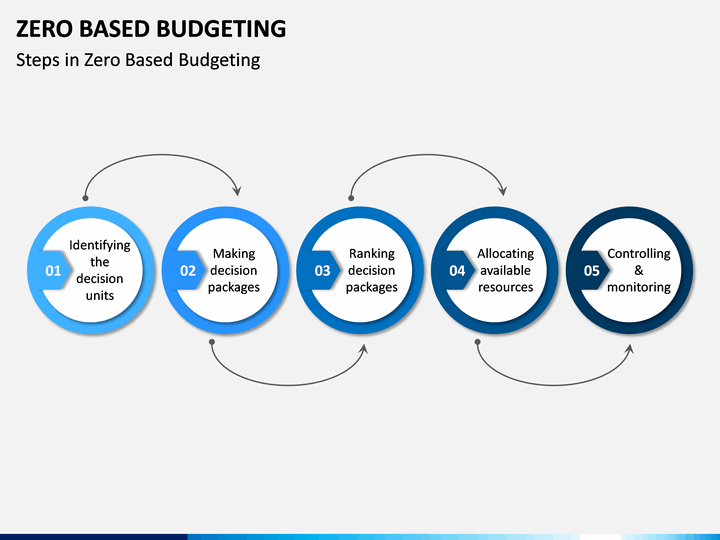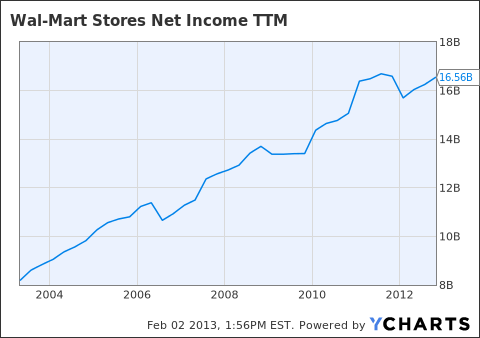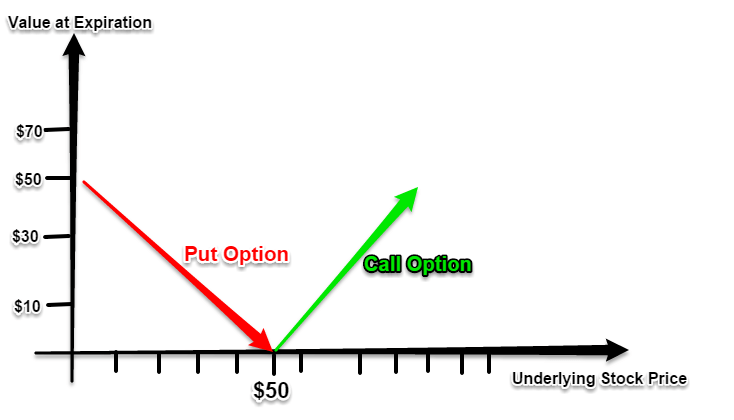

While the GRI framework is designed to be used by organizations in any sector, the SASB Standards are industry-specific and cover specific disclosure topics for 77 industries. GRI covers an organization’s impact on the economy, the environment and society, whereas the SASB Standards focus on financially material sustainability topics. The SASB Standards address the ‘materiality’ of ESG issues based on the nuances of each industry. This industry-specificity differentiates the SASB Standards from other sustainability reporting frameworks such as the Task Force on Climate-related Financial Disclosures (link resides outside ibm.com) and International Integrated Reporting Council (link resides outside ibm.com). There are other frameworks and proposals, including a current proposal by the International Financial Reporting Standards — followed by companies in many countries — to create their own sustainability accounting standards. While the proposal would focus on providing pertinent information to investors, those same investors tend to be short-term thinkers and sustainability is inherently a long-term concept.

fte meaning that place emphasis on sustainability practices have higher financial performance, as measured by profit before taxation, return on assets, and cash flow from operations, than their counterparts. The GRI offers advanced material to help organisations of all types to create their accountability reports. This published material lead organisations through the reporting process with the main idea of becoming more sustainable in their practices in everyday business. In 2004, the Prince of Wales set up his Accounting for Sustainability project to “help ensure that we are not battling to meet 21st century challenges with, at best, 20th century decision-making and reporting systems”. A4S convenes leaders in the finance and accounting communities to catalyse a fundamental shift towards resilient business models and a sustainable economy. A4S has two global networks – the Accounting Bodies Network whose members comprise approximately two thirds of the world’s accountants and the A4S CFO Leadership Network, a group of CFOs from leading companies seeking to transform finance and accounting.
View the IFRS Foundation calendar
Other frameworks and suggestions exist, including a current proposal by the International Financial Reporting Standards to develop their own sustainable accounting standards. Sustainability accounting has increased in popularity in the last couple of decades. Many companies are adopting new methods and techniques in their financial disclosures and are providing information about the core activities and the impact that these have on the environment.
When valuing business organisations, many investment and financial analysts seek additional information outside of the financial accounting system. The sustainable accounting practice can provide information related to the management of social and environmental activities of the organisation which can positively impact the long term business value of the organisation. Adams and Frost conducted a study examining three Australian and four British companies.

The integrated reporting system provides fully integrated analysis and its impact on organisations environmental, social and economic activities in one single reporting system. Furthermore, the IR system focuses on value adding activities carried out by business organisations for each of the six capitals namely human, social, natural, intellectual, manufacturing and financial capital. In this paper we explore how accounts co-produced by Peruvian pupils and teachers, embedded within an activist project, helped to translate sustainability into something familiar that their community could engage with and act for . Creating this closeness to, and everydayness of, sustainability was seen to be critical for community praxes.
Sustainable Accounting Practices
It will be embedded in your published article, along with a link to the ORCiD registry allowing others to easily match you with your work. Surname, initials , “title of paper”, in editor’s surname, initials (Ed.),title of published proceeding which may include place and date held, publisher, place of publication, page numbers. All references in your manuscript must be formatted using one of the recognised Harvard styles. You are welcome to use the Harvard style Emerald has adopted – we’ve provided a detailed guide below.
Timeline and History of ESG Investing, Rules and Practices – TechTarget
Timeline and History of ESG Investing, Rules and Practices.
Posted: Fri, 07 Apr 2023 07:00:00 GMT [source]
In light of these aspects, Geoff Lamberton provides a promising framework for the various forms of accounting. It draws together the five general major themes evident in social and environmental accounting research and practice, including the GRI Sustainability Accounting Guidelines. He depicts a comprehensive sustainability accounting framework which displays the complex interconnections between the various components and dimensions of sustainability. It balances the need for integration of the variety in information, measurements and reporting with the differentiated unitary information effects between the dimensions of sustainable development. The multiple units of measurement include narratives of social policy and procedures as well traditional accounting principles and practice.
Contents
It explores the genesis and dynamics of its antithesis; a self-conscious choice by managers to focus exclusively on fulfilling, or being seen to fulfil, the demands of external transparency. The paper builds on recent discussions of ‘tight coupling’, ‘functional stupidity’ and the importance of ‘spectacle’ in contemporary organisations to explore the dynamics of managing only with transparency; an exclusive focus on managing only what is transparent. It suggests that this can prove functional for managers as a way to deny any dependence on local knowledge, and avoid engagement with the complexity of operational interdependencies.
- There is also a strong desire to address a fragmented landscape of voluntary, sustainability-related standards and requirements that add cost, complexity and risk to both companies and investors.
- To the extent permitted by law, MUFG and its subsidiaries are not liable for any loss or damage as a result of reliance on any statement or information contained in this document.
- The firm itself supplies much of the information used to evaluate a company’s sustainability, so it must be audited to test its accuracy.
- They do this by providing valuable accounting and management information, including financial and non-financial measures, and actionable business insights.
- The SASB Standards identify the ESG information that is financially material to assess how an organization creates enterprise value.
However, it leaves staff to manage for themselves the demands of operational integration; a task made more difficult by the contradictions and conflicts created by the intrusion of managerial demands to meet ill-informed and thereby ill-conceived targets and objectives. In this way ignorance is knowingly and actively cultivated by management, whilst intelligence and reflection are self-censored out of organisational processes by subordinates. The analysis serves to further illustrate the power of transparency to play upon and mobilise a narcissistic preoccupation with either the defence or advancement of the self. All investment involves risks and the value of investments and the income from them may go down as well as up and you may not get back your original investment. Readers must not place undue reliance on forward-looking statements as there is no certainty that conditions current at the time of publication will continue.
Most of all, it delivers an account that can compete with the seductive simplicity of GDP. It does not constitute investment or financial advice and does not take into account any specific investment objectives, financial situation or needs. Before making any investment decision you should conduct your own due diligence and consider your individual investment needs, objectives and financial situation and read the relevant offering documents for details including the risk factors disclosure. Any person who acts upon, or changes their investment position in reliance on, the information contained in these materials does so entirely at their own risk.
Maintaining Sustainable Accounting Systems in Small Business
The final version should represent a pioneering set of full cost accounts that allow managers to identify risks, audit the supply chain and take remedial action. The TCFD’s recommended climate-related disclosures strive to deliver better-informed business and investment decisions amidst global climate change. Sustainability accounting and ESG data are two vital elements of the future of global finance, despite their current lacking impact. In this article, we’ll introduce you to both concepts and show you why they are worth knowing about considering the times ahead.
Businesses don’t have to report anything they don’t want to because ESG disclosures are facultative, and there aren’t many punishments for making extravagant claims or not disclosing information. The above implies that it is challenging to determine a company’s genuine sustainability performance. Additionally, they put pressure on businesses to enhance their ESG performance, or they entirely withdraw from particular enterprises. These details about a firm are used to guide investment decisions in sustainable responsible investing , also known as ESG investing. We who live in developed nations, with high incomes in particular, are far more likely to contribute excessively to climate change. In contrast, those who reside in less developed nations are more likely to experience the effects.

An effective report delivers information aligned to the company’s overall objectives and engage with the audience in a manner that promotes the exchange of ideas and communication. Sustainability accounting represents the activities that have a direct impact on society, environment, and economic performance of an organisation. Sustainability accounting is often used to generate value creation within an organisation.
Vidya Rajawasam ACMA, CGMA has over 15 years of experience in freight forwarding, logistics, supply chain management and courier operations in Asia and Africa regions. He started his career at KPMG Sri Lanka and subsequently moved to software and FMCG sectors. Therefore, the accounting profession has concentrated their efforts to fulfil this need. When expanded it provides a list of search options that will switch the search inputs to match the current selection.
This special issue online workshop looking at Standard-setting of Sustainability… Sustainability Accounting, Management and Policy Journal impact webinars are designed to facilitate engagement between academics, sustainability change makers, policy influencers and policymakers. During this period, we will send you automated updates on the progress of your manuscript via our submission system, or you can log in to check on the current status of your paper. Each time we contact you, we will quote the manuscript number you were given at the point of submission.
If your article involves human participants, you must ensure you have considered whether or not you require ethical approval for your research, and include this information as part of your submission. The related benefits that flow out of the capital include medium of exchange with other capitals, means of valuing and owning other capitals. Professor of Management on Department of Management and Social Sciences – Open University – Lisbon – Portugal.
Top 10 Best Accounting Companies In Europe 2023 – Inventiva
Top 10 Best Accounting Companies In Europe 2023.
Posted: Mon, 24 Apr 2023 15:22:49 GMT [source]
Without a healthy planet, we will be unable to meet our needs for food, clean air, shelter and other basics. Those of us who live in the developed world — high income earners in particular — are far more likely to be contributing disproportionately to climate change, while those who live in less affluent parts of the world are more likely to suffer the consequences. The Earth just recorded a seven-year hot streak and we’re approaching the COVID-19 pandemic’s first anniversary. The crisis has had enormous implications on our mental health, the economy and income inequality.
The book examines the accounting involved in the collection and analysis of data, control processes over the data, how information is reported to external parties, and the assurance of the information being reported. The book thereby provides an overview useful to practitioners , academics, and students. Sustainability Accounting and Integrated Reporting deals with organizations’ assessment, articulation and disclosure of their social and environmental impact on various groups in society. Students from the program will also benefit from joining a dynamic and impactful global alumni network—the Oxford Saïd Elumni Network—once they complete their studies. Says Dutta, “It will be a pleasure to see this community grow, as participants complete their studies and go on to form a powerful network of sustainable accounting alumni, who will continue a lifelong connection, underpinned by professional and personal development.”
- Sustainability accounting represents the activities that have a direct impact on society, environment, and economic performance of an organisation.
- The related resources/capitals are natural, human, social, manufactured and financial.
- The manufactured capital consists of fixed assets, tools, infrastructure, roads and buildings.
- Neither MUFG nor any of its subsidiaries guarantee the performance of any investment products referred to in this document or the repayment of capital.
The literature has proven that corporate social responsibility and corporate governance has a positive impact on corporate financial performance driven by the expansion in new markets attracting more investors. The World Economic Forum along with 130 of the world’s biggest companies set a universal metric called the Stakeholder Capitalism Metrics which showed its viability. The SCM includes 21 core metrics with 34 expanded metrics including governing purposes, Task Force on Climate-related Financial Disclosures , social equality metrics, innovation, etc. Studies find that oil-rich African countries suffer slow socio-economic growth and development.
Furthermore, the increasing demand by shareholders for non-financial information is expected to serve as an impetus for greater transparency, such as the use of standardized reporting metrics. Adams and Frost state that despite the positive correlation between sustainability and financial performance, transparency must improve to meet the needs of the shareholders. Despite the promising approaches to sustainability reporting, there are still concerns regarding the effectiveness of such reports. Rodriguez, Cotran, and Stewart highlight the Sustainability Accounting Standards Board as one such report.